Dates: Everything You Need to Know About Them
Maybe you’re like me and enjoy eating dates, but only find yourself eating them when they’re the most popular which is around the Christmas holidays. Dates are one of those sweet and fleshy fruits that you simply love, or you don’t. You can enjoy them raw, while many people prefer to use them in baked goods like cookies, or chopped and diced in a salad, or stuffed with cheese, chocolate, or nuts. Keep reading to discover dates: everything you need to know about them.
Even though they’re rather high in sugar, dates are an excellent snack filled with nutrients that provide you with a number of health benefits. Here’s more on dates and everything that you need to know about them.
Fun Facts of Dates
Just like the coconut, dates grow in palm trees in huge clusters. Each tree typically produces about 8 to 12 bunches at a time and between 100 to 200 pounds of dates each year.
Date palm trees are believed to be one of the earliest fruit trees ever to be cultivated. There is evidence of this in Northern Africa and the Middle East that dates back well over 5,000 years.
A number of products are extracted from dates, including syrup, vinegar, alcohol, and strong liquor.
Over 50% of the dried fruit is made up of sugar. They are harvested in the fall and the beginning of winter, which makes it the perfect time to purchase them when they are at their freshest.
Dates are mentioned in the Christian Bible over 50 times and at least 20 in the Islamic Quran.
Basic Info of Dates: Everything You Need to Know About Them
Dates (Phoenix dactylifera) are dried stone fruit (drupes) that are grown in tropical locations. They have a central seed that is surrounded by a sweet flesh, similar to that of peaches and mangoes. They grow from palm trees that are especially located in most of the countries in the Middle East and parts of Africa. Though you can also find them grown in places scattered throughout the western world as well, like California.
Types of Dates
There are over 200 varieties of dates that come in different flavors and shapes, however, they are all fairly similar in nutritional value. Here’s a look at just a few of the most popular ones.
Dayri
The dayri date is a soft and sweeter date and comes medium to larger in size. They have a red skin that turns brown to black as it ripens.
Halawy
The Halawy date is honey-flavored and has a tender flesh. The fruit is typically smaller to medium in size compared to most other dates, and they have a golden brown skin.
Thoory
With a sweet and nutty flavor, the thoory date is a drier date that is most suitable for baking.
Barhi
The barhi is the softest of dates, with fruit that comes small to medium in size and a red flesh that turns brown to black once ripened.
Deglet Noor
These are the most common dates that you will find at your local grocery store and are considered the queen of all dates. They are sweeter and great for cooking.
Medjool
These are the dates I buy at Costco, they are delicious! The seed is easy to remove and they make great snacks.
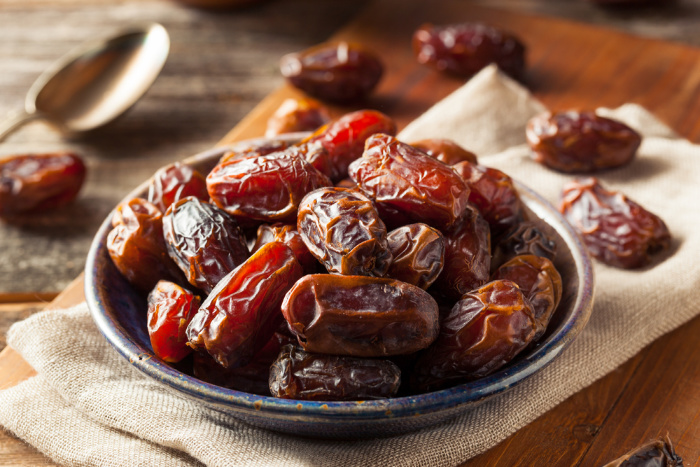
This date comes rather large in size and is great for simply eating fresh. The medjool date has a nutritional content that’s fairly similar to the deglet noor date.
Nutrition Facts of the Date
Dates are crammed with fructose and natural sugar, which is why dieters and so many people out there think that they’re not good for you. But dates also come filled with several nutrients that make it a healthy snack that you should enjoy in moderation.
You’ll notice that the dried fruit has more calories and carbs than the fresh fruit. They have plenty of fiber, potassium, magnesium, manganese, vitamin B6, along with a fair amount of iron.
If you’re like me and have a major sweet tooth, dates are an excellent substitute when baking while replacing candy, sugar, and chocolate chips.
Health Benefits
Helps with Regularity
The fiber and potassium in dates work as a natural laxative, that in turn helps with regularity and calming discomfort caused by constipation.
Maintains Good Bone Health
Dates have a number of important components that help our bodies maintain healthy bones along with teeth health. Calcium, copper, magnesium, and manganese help with this as well as helping with blood clotting and muscular contraction.
Promotes Brain Health
Eating more dates can also help with maintaining a healthier brain while improving its function. The anti-inflammatory properties that dates bring also may help to reduce the risk of diseases like Alzheimers.
Regulates Blood Pressure
Potassium in dates is important in helping with regulating our heart rates as well as our blood pressure.
Improves Heart Health
Dates have plenty of potassium in them, which is an important electrolyte and mineral that helps maintain a healthy heart. They can help protect against strokes and heart disease.
Help Prevent Against Certain Cancers
With several antioxidant flavonoids like lutein, B-carotene, and zeaxanthin, they may provide our bodies with the ability to fight off free radicals and promote proper cell structure and growth. Thus said, dates may help prevent a number of cancers, including prostate, colon, breast, lung, and pancreatic cancer.
Provides Healthier Skin
Dates have anti-aging properties in them that can also help prevent too much melanin from being produced in your body. They may also help to help your body combat skin issues like itching and rashes
Prevents Inflammation
Dates also contain more polyphenols than most other fruits and vegetables. Polyphenol is an antioxidant that helps prevent inflammation to the body. They also contain tannins, which is another anti-inflammatory and anti-hemorrhaging agent.
Storing Dates
Dates are naturally hydrated, so they are able to last longer than most other fruits. For dates to remain their freshest, keep them sealed in an airtight container where they’ll last longer when kept in the fridge (up to one year), or left at room temperature in your pantry (2-3 months). If you notice that they are beginning to take on little white spots, not to worry, these are sugar spots and not mold.
Final Word
Now that you know just how important dates are when added to your diet, make sure that you remember to enjoy them every once in a while. They’re full of nutrients and minerals that provide you with so many health benefits. Here are several delicious date recipes that add even more excitement when eating them. I have truly loved learning about dates: everything you need to know! They are a great food item to have on hand. May God Bless this world, Linda.
Copyright Images: Dates on a wooden board Deposit photos_179242882_s-2019, Medjool Dates Deposit photos_103597676_s-2019

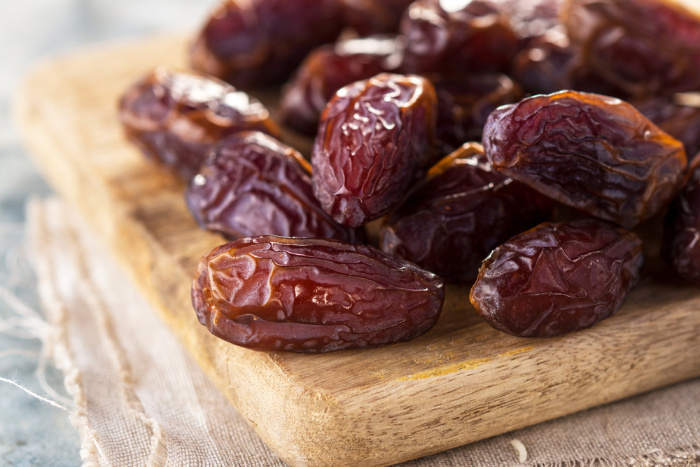

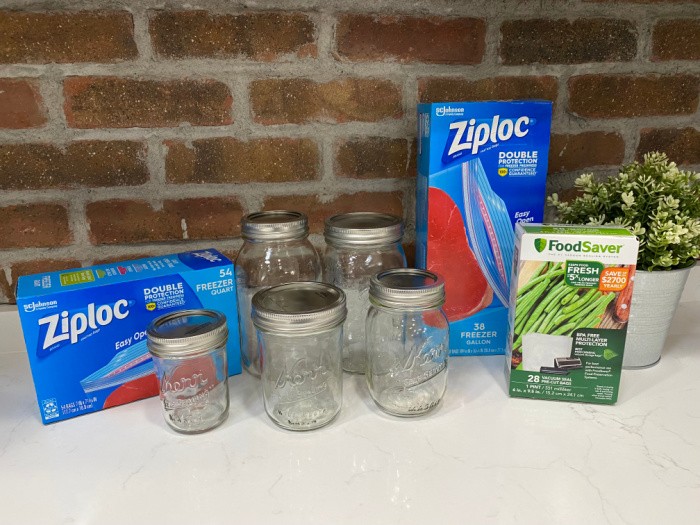

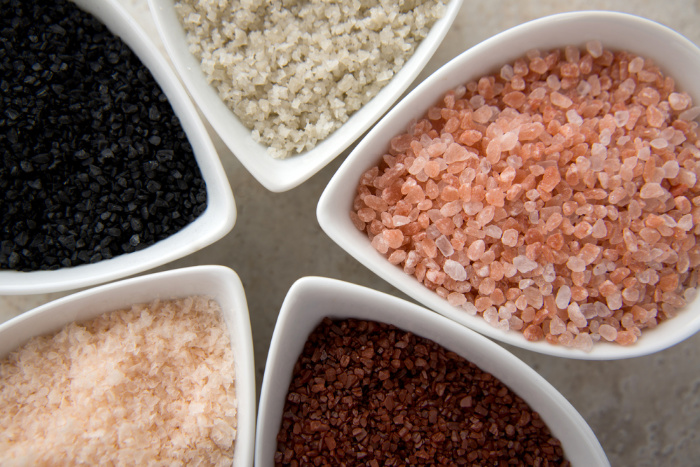
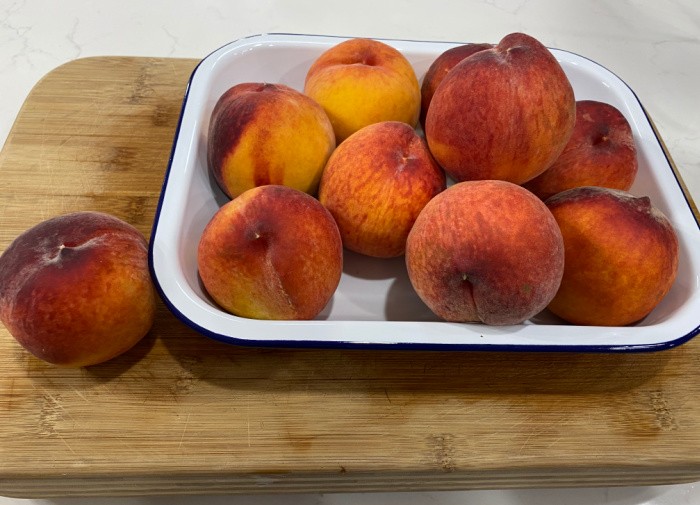

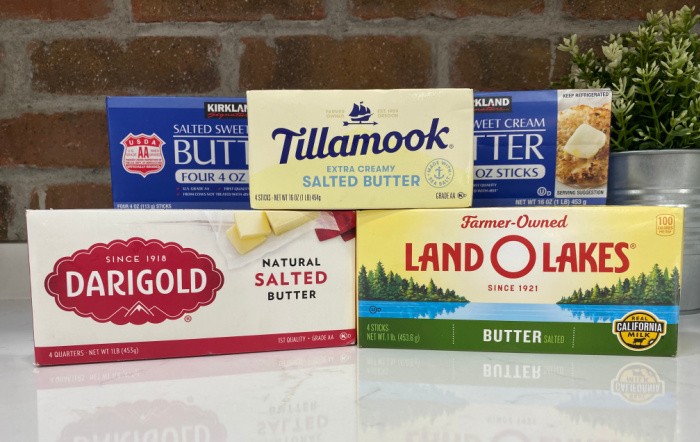







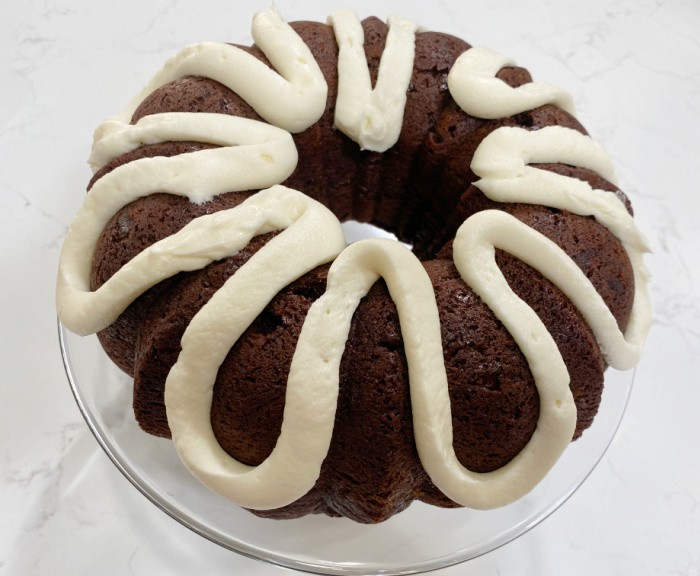

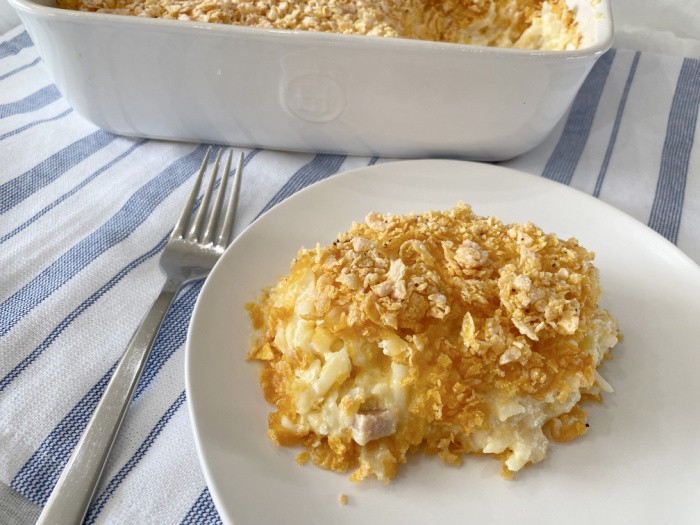
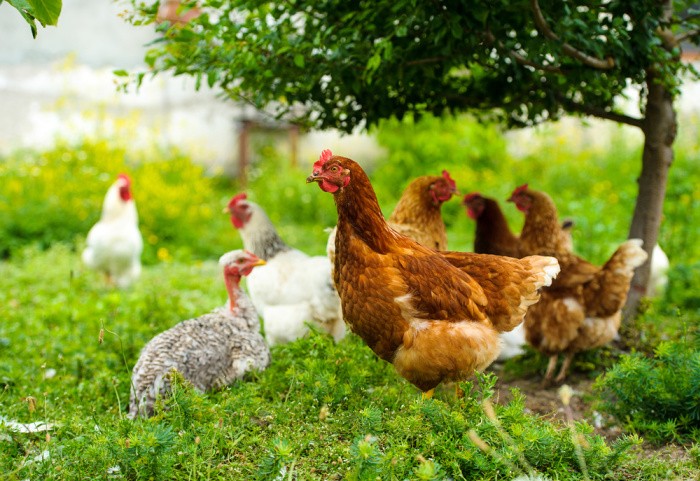
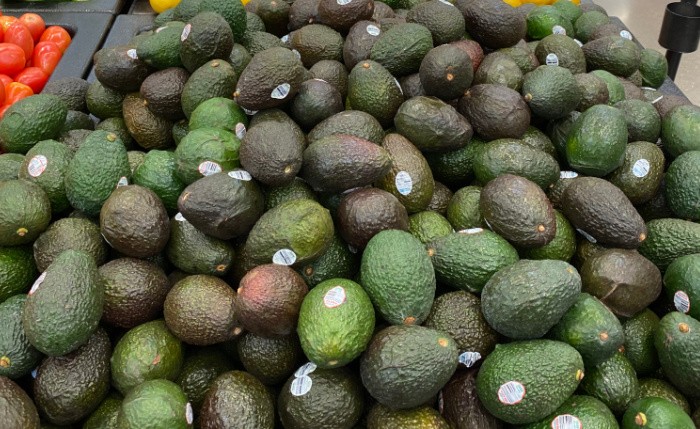

I have recently gotten into dried fruit and really love it. I have big plans to start eating more dates! Good article, Linda!
Hi Jess, thank you. Did you see a reader (of Facebook) dips the dates in peanut butter and it tastes like a candy bar! Yummy! Linda
I love dates. I use them primarily for my homemade protein bars/balls. I basically use the dates to bind all of my ingredients together as well as for the sweetening. My favorite flavor for my protein bars is pumpkin and I only make them in small batches during the fall and winter.
To make 6 bars (or a number of balls): 1 cup pitted dates, 2 scoops vanilla whey protein powder, pumpkin pie spice (to taste – I like a lot!!!), 1/2 cup chopped nuts (pecans, hazelnuts, walnuts, or seeds like sunflower if you prefer), Optional – a teaspoon of vanilla if using unflavored whey protein powder. In a food processor, combine all ingredients except the nuts/seeds. Process until well combined. By hand, mix in the nuts/seeds OR make the bars and top with nuts/seeds or roll the balls in the chopped nuts/seeds. Refrigerate in a closed container. This should make 5-6 bars or about 15 balls.
Thank you for this recipe, Leanne. I’ll try it with pea protein powder as we are lactose intolerant.
Hi Deborah, good idea! Linda
Hi Leanne, these sound delicious!!! I have got to make these! Thanks for the recipe!! Linda